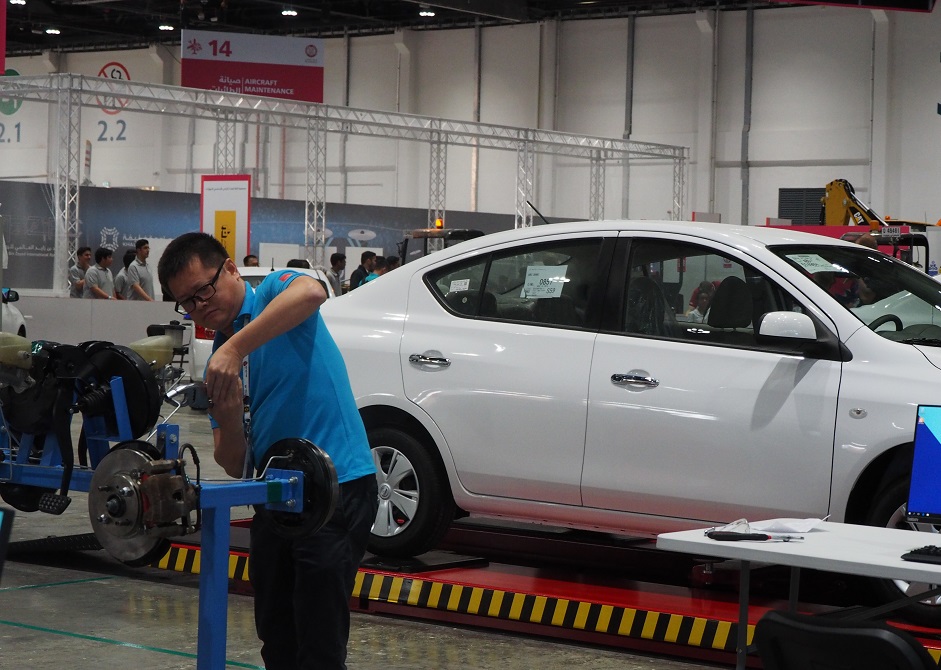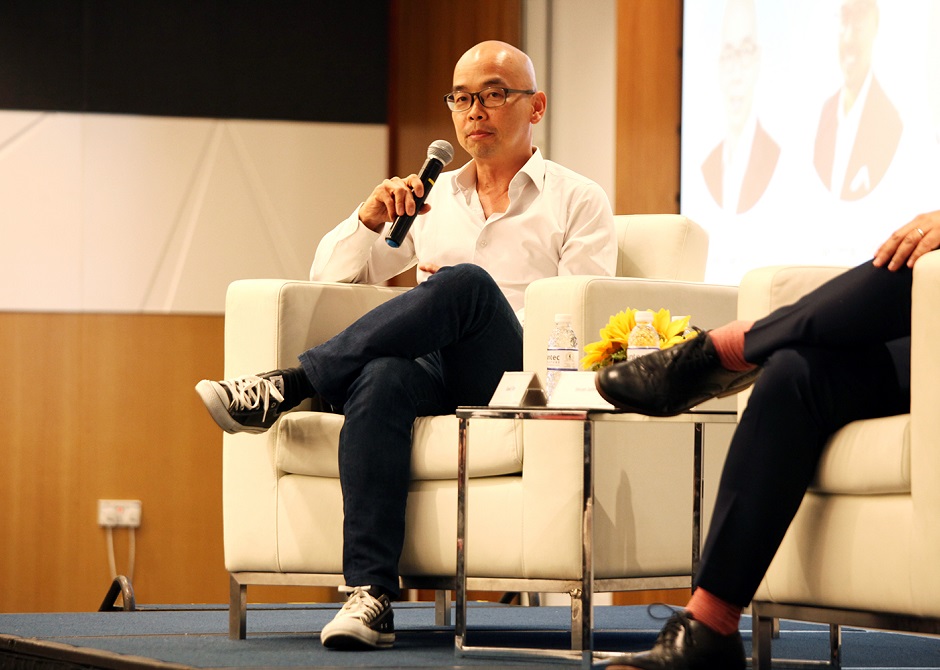Think you know what “technical education” is? Odds are you don’t, really. It’s the difference between fixing a normal car on its 30,000km tune-up, and fine-tuning a high-performance road monster like a Maserati.
Automotive technician Zhang Qixian, 31, knows this. He credits ITE for teaching him the know-how and confidence that has helped him develop his career in maintaining performance marques the likes of Ferrari and Maserati.
Before Qixian entered ITE, he had already been working in a small servicing garage for about a year. “I was fascinated by everything,” he says, “but lacked the ability to perform major or advanced repair works.”
Our Institutes of Higher Learning (IHLs) have long been celebrated for paving pathways to solid jobs across all industry sectors. For instance, almost 87 per cent of ITE’s graduates secured jobs within six months of graduating last year, according to results from the latest ITE graduate employment survey.
“The overall signal is that your skills continue to be valued by employers,” said Minister for Education (Higher Education and Skills) Ong Ye Kung, when he addressed graduates at this year’s ITE graduation ceremony.
“The upward trend will likely continue, so long as we keep the training focused and relevant, and our students continue to be eager to learn.”
Qixian signed up, in 2008, for ITE’s Traineeship scheme, where he attained a Nitec qualification while employed by an industry partner. After excelling in his Nitec in Automotive Technology course, he went on to enrol in the Technical Engineer Diploma in Automotive Engineering at ITE College West.
“On top of classroom lessons, I was trained by skilled and experienced individuals from the industry itself,” he says, “giving me valuable knowledge that has enabled me to perform the most difficult tasks today.”
The year was 2013 when Qixian’s career moved into the fast lane. He found employment with a company that brings in sports cars and luxury rides. Since then, he has received attachments and further training at the manufacturers’ factories in Italy, Indonesia and China. He is now a senior technician working for Maserati at Tridente Automobili. “It’s a never-ending road in the quest for learning,” Qixian says. “By the time you’re an expert in a certain area for a particular car model, new-and-improved technology is already implemented. This is especially true for performance vehicles.”
In a world where millions of jobs have the potential of being automated, there is always work for a top technical hand.
In February, the Economic Development Board shared in a press release that it should secure $8 billion to $10 billion in fixed-asset expenditure this year, which would create between 19,000 and 21,000 new jobs. Around 6,000 of these posts are in manufacturing, which require people with technical know-how.
Our IHLs are helping students get there. ITE, for example, will soon offer a new apprenticeship-based diploma. The Work-Learn Technical Diploma (WLTD), open for registration from Nov 27 to Feb 2, will enrol the inaugural cohort next April. Unlike traditional diplomas which often have academic criteria for enrolment, admission to the WLTD will depend largely upon employer recommendations, as well as the strength of a candidates’ portfolio. This reduces the focus on paper qualifications, and focuses on “learning by doing” – gaining technical and cognitive abilities from actual work experience.
The WLTD is similar to the SkillsFuture Earn and Learn Programmes (ELP) offered in polytechnics, whereby employers contribute to the curriculum based on the skill demands of the market.
Of course, technical skill sets can be picked up and honed on the job without formal education. “It’s not impossible,” says Qixian, “but it will be tough.
“Many of the technicians I’ve met developed their skills over years of hands-on work, but they lack the fundamental knowledge to further their careers.”






.jpg)